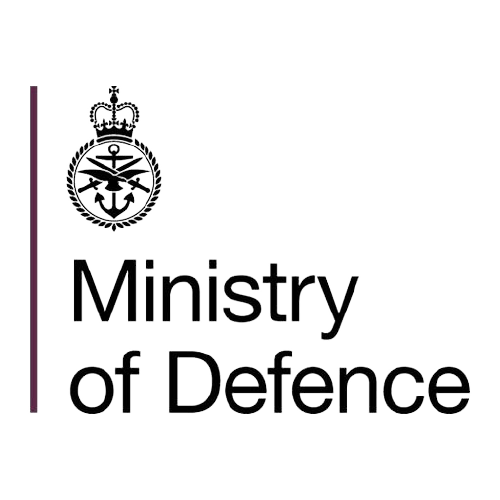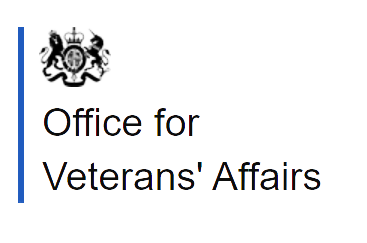
Health and Wellbeing Cohort Study
Overview
Aims
The Health and Wellbeing Cohort Study is a large-scale investigation of the physical and psychological health of around 16,000 UK military veterans. When it started in 2003, the main aim of the study was to look at the health of those who had deployed to Iraq on Op TELIC, and was later expanded to also look at the possible effects of deploying to Afghanistan on Op HERRICK. The study is also an opportunity to look at issues that are relevant to the Armed Forces in general, and how people manage once they leave Service.
Institution
King's Centre for Military Health Research (KCMHR), King's College London
Geographic coverage - Nations
England, Scotland, Wales, Northern Ireland
Geographic coverage - Regions
Nationwide
Start date
2003
Catalogue record last updated
30/04/2025
Sample
Sample type
Cohort study (Replenished); Occupational cohort
Sample details
Defence Analytical Services and Advice (DASA) identified personnel in all branches who deployed on TELIC 1 in the Joint Operational Area (this will include, for example, Iraq, Cyprus and Oman) and those who did not, but were present in the UK Armed Forces on 1 March 2003. These two populations were stratified by service and enlistment type (regular or reserve), the number of personnel sampled in each era stratum was calculated from the proportion of personnel in each TELIC 1 stratum. Because of concerns about the effects of deployment on reservists, reservists were oversampled by a ratio of 2:1. Of the 17,698 individuals identified by DASA, 10,272 consented to participate and returned questionnaires (58.7%), and were included in the study. A comparison of responders and non-responders showed bias due to non-response to be small and that increasing the response rate had little effect on the results; non-response was not influenced by health status (as assessed by objective data on medical downgrading), but was associated with single and enlisted young men.
The cohort was supplemented with two further groups in 2007: the first comprised individuals deployed to Afghanistan over a 12-month period from April 2006, and the second included a replenishment sample comprising personnel who joined the military since the initial sample was recruited in 2003. A further replenishment sample was added in 2014 comprising personnel who joined the military between 2009 and 2013.
Sample size at recruitment
10,272 (2006 - Phase 1)
Sample size at most recent sweep
4,104 (2023 - Phase 4)
Sex
All
Age at recruitment
18 years +
Cohort year of birth
1941-95
Data
Data access
Contact study team to express an interest in accessing the data
kcl.ac.uk/kcmhr/research/kcmhr/index
Genetic data collected
No
Linkage to administrative data
Crime and justice data
Key Papers
Mental health outcomes at the end of the British involvement in the Iraq and Afghanistan conflicts: a cohort study.doi.org/10.1192/bjp.2018.175
Additional information
Website
kcl.ac.uk/research/health-and-wellbeing-cohort
Related themes
Covid-19 data collection,
Education,
Housing,
Loneliness and social isolation,
Parenting and family,
Physical health assessment,
Reproductive health,
Sleep problems,
Victimisation and life events,
Work and employment
Mental health measures timeline
Sweep name:
Cohort member age:
Data collection period:
Notes:
Physical health measures:


